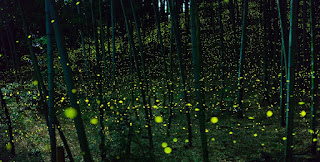Do you choose a story, or does it choose you? - Louise Boland
I heard someone suggest on the radio this morning, that you
don’t really choose your favourite song, it chooses you. And I wondered if the same might be said of the
book one chooses to write.
I’ve no idea what makes one friend wake up one morning and
decide to write a detective story set in medieval Scotland and yet another be
determined to craft a love story based in modern times – I expect a
psychologist could tell me. The one
thing I do know is that the choice one makes (or that is made for one!) has an
enormous impact on how much of your life will be left by the time the novel is
finished.
I’m talking here, of course, about RESEARCH. That dreaded beast that can be a joy, a
drudge, an inspiration, a way to make new friends, or all of the above rolled
into one.
At the moment, I’m groaning about the topic I’ve chosen for
a novel. I now have a stack of research reading material that will take me
several months to get through, and I can’t seem to stop accumulating more –
cutting things out of newspapers and magazines, buying books. It’s got to stop or I’ll never have any time
for writing.
 |
| The Glow Worm by Barbara Mercer |
When I spoke to Barbara about the story, I was overwhelmed by
her vast understanding of the period, including the history of the Shakespeare
family and the religious comings and goings of differing faiths that went on at the time. Barbara told us she was fascinated to consider how
ordinary people, those who had to actually carry out the destruction of the church statues, would have
felt about it.
 |
| Saints and Trinkets - a story's research unravelled |
In the end, we published not only the story, but also an
article called Saints and Trinkets giving more information on the fascinating research behind it. You can read both the story and the article
on our website, but the links to both are below.
Right now, though, I had better get back to the pile of
research books, or the writing will never begin…
The Glow Worm by Barbara Mercer is available to read for
free at:
The article about Barbara’s fascinating research as told to
James Foster, can be found here:
Comments
Having started producing fiction later in life, I have to be realistic about time available. Much as I love historical novels, and much as I'd love to write a novel set in the seventeenth century, I write instead about what I already know in some depth - life today, social and psychological problems and how they can be tackled. But I have allowed the main man in my latest book to be a historian who specialises in the seventeenth century - so have indulged myself a little.